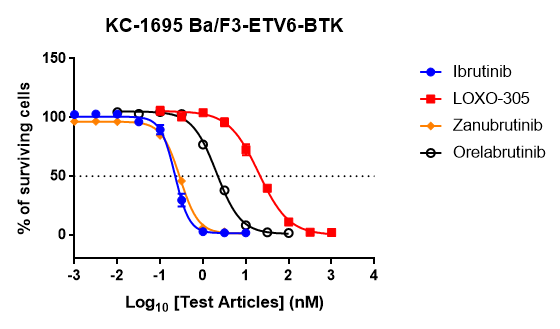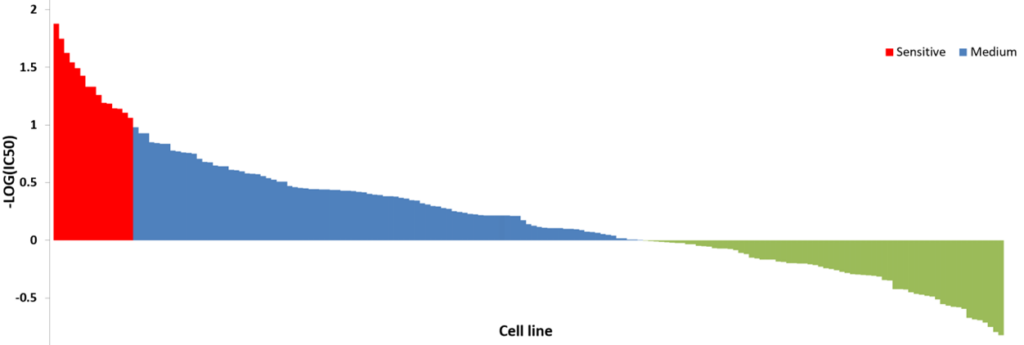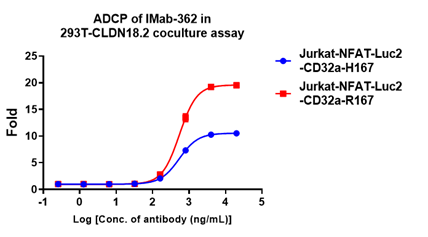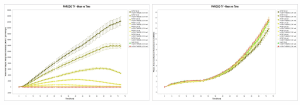Internalization Assay
In Vitro Services
Internalization Assay Overview
Monoclonal antibodies are currently widely utilized in therapies for cancer, inflammation, and antiviral diseases. An important property of antibodies is the extent, location, and speed of their cellular internalization. Antibody-Drug Conjugates (ADCs) consist of a chemical link that connects a bioactive cytotoxic drug to a monoclonal antibody. Monoclonal antibodies (MABs) serve as carriers to deliver small molecule drugs to target cells. Once bound to the cell surface antigen, the internalization of the MAB allows the small-molecule drug to enter the target cell and exert its toxic effects. The ability of an antibody to internalize is a critical indicator for the early screening of ADC drugs.
In ADC research, efficient, stable, convenient, and high-throughput methods for antibody internalization assays are needed. Kyinno offers comprehensive internalization assays based on different assay kits, such as the Fab-zap Internalization kit, pH-rodo dye, αHFc-CL-MMAF Internalization kit, and target stripping method.
All in vitro Services

The 2D Cell Proliferation Assay, a primary method for cell growth studies, focuses on tumor cells cultured in suspension or monolayers. It allows for comprehensive analysis, highlighting cell development dynamics.

The value of tumor cell lines, as research models and drug discovery tools, is greatly enhanced when there is an understanding of the underlying genetic abnormalities that drive their phenotype. Kyinno provides customized cell panel studies to facilitate your drug discovery and biomarker programs.

Organoids, sophisticated 3D organ replicas grown in vitro, are vital in biomedical research, aiding disease modeling, drug testing, and understanding organ development. KYinno excels in cultivating organoids from diverse tumor tissues, collaborating closely with cancer hospitals to ensure translational relevance.



FACS Binding Assay or Fluorescence-Activated Cell Sorting, is a pivotal cellular biology research technique for binding evaluation. It offers insights into cellular binding mechanisms, enriching our understanding of cell interactions.



